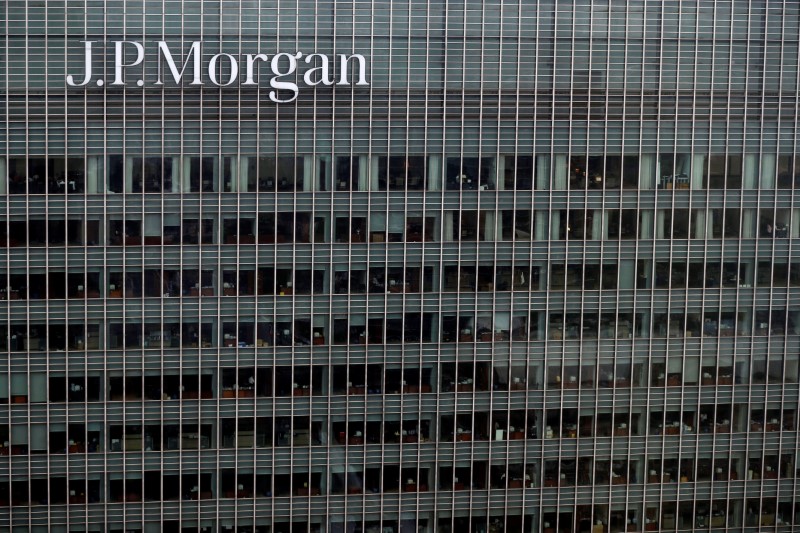In a recent development, JPMorgan Chase (NYSE:JPM) & Co., led by CEO Jamie Dimon, has voiced objections to regulatory reforms that could compel the bank to increase its required capital by $50 billion. The bank criticized these changes, part of an international overhaul initiated by US regulators following the 2008 financial crisis, as "unwarranted" and challenged the cost-benefit analysis used.
The proposed reforms could also inflate JPMorgan's risk-weighted assets by 30% or $500 billion and heighten operational risk capital requirements by $30 billion. The banking giant argues that the Basel III changes, which result in a 19% capital increase for large banks, do not fully reflect the impact of the regulations.
JPMorgan further warned that if these rules are enacted, they could make mortgages and small-business lending more difficult and limit shareholder dividends and buybacks. The proposed regulations also necessitate a 16% capital increase for banks with at least $100 billion in assets and a 5% increase for banks with assets between $100 billion and $250 billion.
Despite potential challenges, JPMorgan's existing capital of $242 billion surpasses its required $200 billion. This suggests that it could meet the projected $250 billion requirement under the new regulations. However, it is clear that the bank is concerned about the potential implications of these regulatory changes on its business operations and overall financial health.
According to InvestingPro data, JPMorgan has a market cap of 436.46B USD and a P/E ratio of 9.66. This low P/E ratio relative to near-term earnings growth, as per InvestingPro Tips, indicates that the stock may be undervalued. The bank has also seen a revenue growth of 12.14% in the last twelve months (LTM2023.Q2), which suggests that its revenue growth has been accelerating. This could be a positive indicator for investors.
InvestingPro Tips also reveals that JPMorgan has raised its dividend for 13 consecutive years and has maintained dividend payments for 53 consecutive years. This consistent dividend growth, coupled with a dividend yield of 2.88% (Y2023.D286), could be appealing to income-focused investors. However, it's worth noting that poor earnings and cash flow could force dividend cuts, as per InvestingPro Tips.
JPMorgan's return on assets stands at 1.24% (LTM2023.Q2), indicating that it has been profitable over the last twelve months. The bank is also expected to be profitable this year, according to analyst predictions. Despite the potential regulatory changes, these metrics suggest that JPMorgan remains a strong player in the banking industry.
For more insights and tips, consider subscribing to InvestingPro. It offers a wealth of real-time metrics and valuable tips, such as those mentioned above, that can guide your investment decisions. Visit InvestingPro for more information.
This article was generated with the support of AI and reviewed by an editor. For more information see our T&C.
